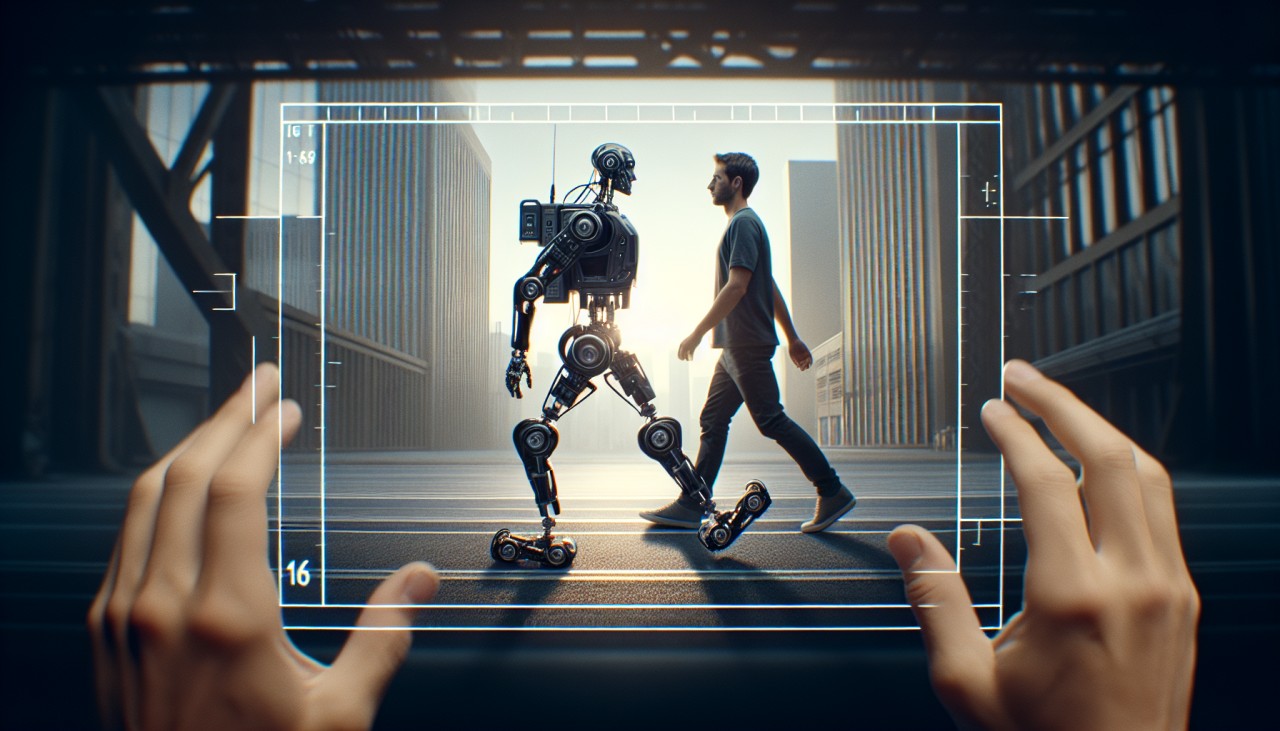Artificial intelligence (AI) is transforming exoskeleton technology, leading to more adaptive and efficient mobility aids. By integrating AI, exoskeletons can analyze user movements in real-time, adjusting support to individual needs. This personalization enhances rehabilitation for individuals with mobility impairments, offering tailored assistance that adapts to each user's unique gait and strength levels. For instance, AI-driven exoskeletons can monitor muscle activity and predict movement intentions, providing timely support that aligns with the user's natural motions. globalbrandsmagazine.com
The incorporation of AI also improves the safety and efficiency of exoskeletons. Advanced sensors and machine learning algorithms enable these devices to detect environmental changes and obstacles, allowing for proactive adjustments that prevent falls and enhance user confidence. Additionally, AI optimizes energy consumption by learning the user's movement patterns, extending battery life and reducing the physical strain on users. These advancements make exoskeletons more practical for daily use, potentially revolutionizing mobility assistance and rehabilitation therapies. ayopa.ai
Key Takeaways
- AI integration allows real-time adaptation to individual user movements.
- Personalized support enhances rehabilitation outcomes for mobility impairments.
- Advanced sensors and machine learning improve safety by detecting obstacles.
- AI optimizes energy consumption, extending battery life and reducing user strain.
- These innovations make exoskeletons more practical for daily use and therapy.
